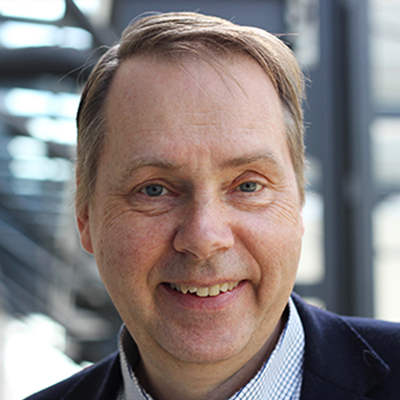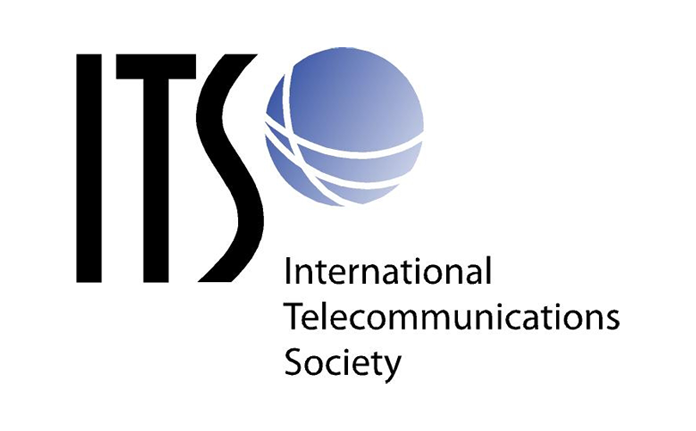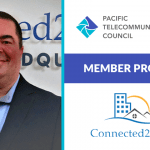Erik Bohlin is a professor at the Department of Technology Management & Economics at Chalmers University of Technology. He has published in a number of areas relating to the information society – policy, strategy, and management. He is Editor-in-Chief of The Journal of Telecommunications Policy. Additionally, he has extensive experience in contributing to several international networks, such as the International Telecommunications Society, where he served as Chair since 2004 until 2016 – a society with more than 400 members spread across more than 40 nations and including a number of corporate sponsors from East Asia, Europe and North America. He obtained his graduate degree in Business Administration and Economics at the Stockholm School of Economics (1987) and his Ph.D. at Chalmers University of Technology (1995).
What technology breakthrough would pave the way for the ICT industry?
The ICT industry has benefited from a long trajectory of innovations, among those propelled by advances in conductor and wireless technologies, enabling the fundamental transitions as we see today such as artificial intelligence and 5G technologies. The technological path of both evolution and revolution in the ICT field is expected to continue, and soon will be driven by new innovations in quantum computing. These new applications will further drive new applications and innovations, presently not imagined.
How can telecommunication technologies help humanity?
Certainly, the ICT field has held long-standing promises of providing new and different opportunities for enabling sustainable development, and reducing the impact of climate change. However, step-by-step, some of these opportunities and promises have found rebound and boomerang effects that nullified or even exacerbated the adverse effects of the on-going societal developments that produce an unsustainable world. But a second generation of integration between sustainability and ICT is being developed, with more far-reaching impacts on the desired goals. Complementary to this technological development, there is an on-going realization that policy needs to be further developed and integrated, as it relates to these two fields, increasingly being merged into one: sustainable information societies. New tools of integration between these fields are being developed, and new policy instruments are being tested.
If one thing should be redeveloped within the telecom and related industries, what should it be?
The auction framework for spectrum assignment has been a fundamental policy innovation to distribute radio frequencies, already suggested by the Nobel Memorial Prize Winner in Economic Sciences Professor Ronald Coase in 1959. However, the implementation of auction frameworks has been wrought by a number of weaknesses, inconsistencies, and idiosyncrasies that have contributed to great variations in outcomes and implementation inconsistencies. Among others, the auction framework has been implemented with so many constraints that it is more or less identical with the framework that it was supposed to replace: beauty contests. This uneven application has generated resistance within the industry, concern among regulators and the public, such that the auction framework is increasingly questioned. This questioning is especially frequent in assignment planning for 5G networks, where many stakeholders question the legitimacy of the auction framework. In retrospect, it would have been a global service to the world if the auction framework would have been more consistently applied.
What value does PTC hold for you/your company?
PTC provides a platform of informational and contact exchange, enabling contacts around the world in a field that is constantly changing and evolving. Going to the PTC Annual Conference gives the opportunity to become updated on the latest developments, and also to meet both established and up-and-coming influencers.
How does PTC fit with your company’s goals or your overall career purpose?
As ITS is also an organization that brings together researchers around the world, the links to PTC are manifold. Several of the researchers that present findings at PTC also join the ITS conferences. The same basic intent of PTC – to spread knowledge about the changing field and give opportunities for networking – is the core mission of ITS. Therefore, the synergies with attending a PTC event for an ITS member are considerable.
What advice would you share with current and future graduates interested in this field?
To be able to be adaptive and believe in the ongoing technological change and innovation to transform individual and corporate lives.
What industry mogul or up-and-coming leader have you followed or are currently following, and why?
I have always been a follower and admirer of Professor Eli Noam of Columbia University, who through his center CITI, has been able to constantly renew himself and his group in terms of interesting issues to address and convene research on. Professor Noam has been remarkably able to formulate new questions and new issues for the research and analytical field of telecoms and Internet policy.
About ITS:
The International Telecommunications Society (ITS) is an association of professionals in the information, communications, and technology sectors. ITS is an independent, non-aligned, and not-for-profit organization with a worldwide network of about 400 members. ITS provides a forum where academic, private sector, and government communities can meet to identify pressing new problems and issues, share research results, and form new relationships and approaches to address outstanding issues. ITS focuses on the evolving applications, services, technology, and infrastructure of the communications, computing, Internet, information content, and related industries. Learn more at www.itsworld.org.









